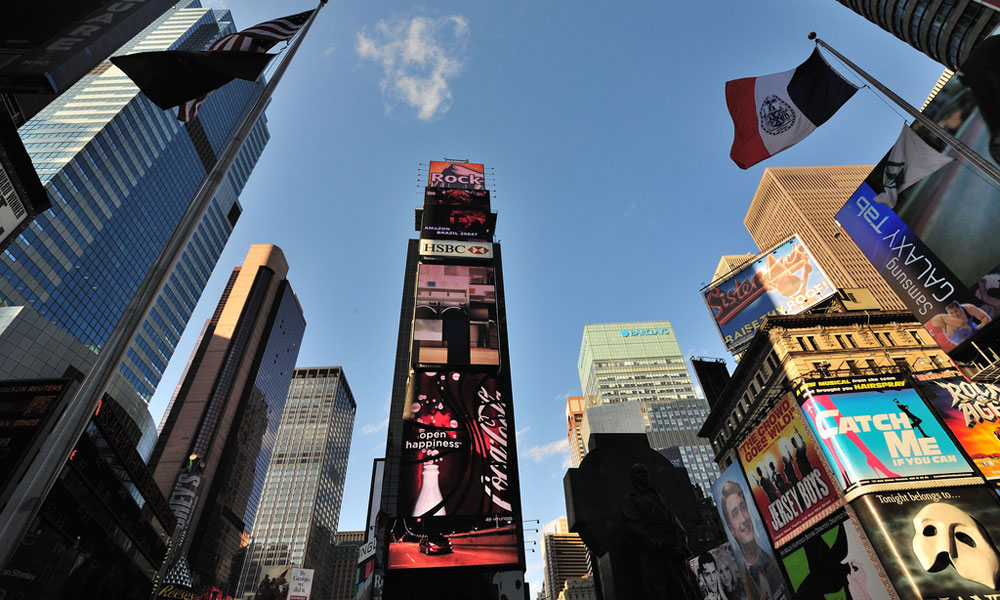
Why One Association Hopped Into the NYC Mayoral Race
With Michael Bloomberg finishing up his third term as New York City mayor, the American Institute of Architects is launching its own mayoral platform ahead of the 2013 race in an effort to build upon Bloomberg's development-friendly policies. It's a first for the chapter.
For the first time in years, Michael Bloomberg isn’t running for mayor of New York City—ensuring a race that could go any which way.
That’s why the American Institute of Architects’ New York chapter is hopping into the fray with a mayoral platform of its own.
Whether it’s zoning and building codes or sustainability issues or climate change and Sandy, politicians set the agenda for how the city gets built. We want to help them set that agenda.
“We just felt these issues were too important to stand on the sidelines anymore,” AIANY President Jill Lerner explained in an interview with Crain’s New York. “Whether it’s zoning and building codes or sustainability issues or climate change and Sandy, politicians set the agenda for how the city gets built. We want to help them set that agenda.”
With the development-friendly Bloomberg leaving office, the organization understood that it could face different circumstances under a different mayor.
“It’s been great to see the benefits for our architecture, our infrastructure, our housing and our open space, and we want to make sure this progress continues under the next administration,” Lerner noted.
These are some of the policy points in the association’s agenda [PDF].
Streamlined growth: The association argues that current efforts to streamline municipal government on an agency-by-agency basis are inefficient for large projects, which often require architects and developers to work with many different agencies. “Often projects require sequential [permit] applications to multiple agencies, and therefore streamlining one agency does not solve the whole problem,” the AIANY policy statement says. The association is asking for a new government position—a deputy mayor of design and planning—to help facilitate the development process.
Zoning improvements: The association is also hoping to build a coalition that would help bring about a simplification of zoning rules and processes to ease housing demand and allow more flexibility in unit size. It is also urging construction of new schools and libraries in rezoned neighborhoods that lack such facilities. The association is pushing for 100,000 new housing units to be built within the next decade to accommodate the city’s population growth.
A global approach: Beyond the ground game, the association is also focused on ensuring NYC’s global presence, as it’s important to the future of the industry and the city. “New York is in many ways the center of the world for certain industries that benefit from a creative work force,” says the policy statement. “How our physical environment creates a sense of possibility and enterprise needs clarity of mission and incentives.”
With the race still months away, it’s anyone’s to win—including former Rep. Anthony Weiner (D-NY), who is plotting a closely watched political comeback after resigning from Congress nearly two years ago over a “sexting” scandal.
And it’s still early, with other candidates in the mix, including Republican Joseph J. Lhota, the former chair of the Metropolitan Transportation Authority, and Democrat Christine Quinn, the current City Council speaker. The party primary elections are set for September 10.
(photo by Mith Huang/Flickr)






Comments